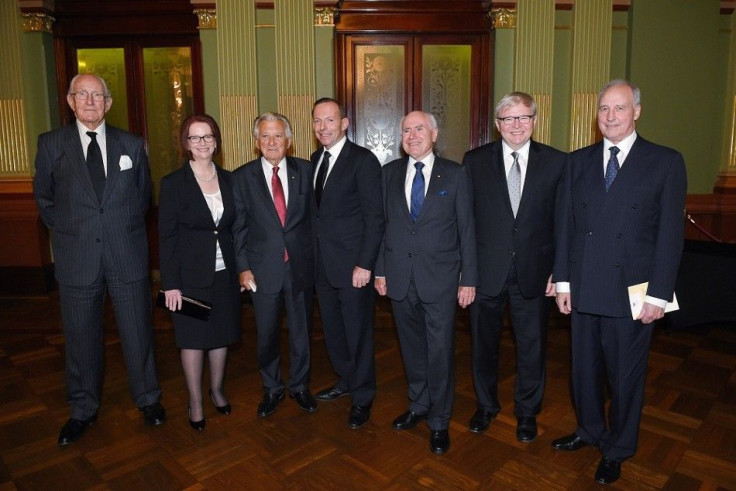Australians should welcome foreign investment, says former PM John Howard

Former Prime Minister of Australia, John Howard, has advised Australians to welcome foreign investment from China wholeheartedly. Addressing business leaders in Sydney, he said, Australia should always have a welcoming stance to foreign investment.
"We have benefited successively from British investment, American investment, Japanese investment and we should welcome wholeheartedly Chinese investment in this country. It's part of the economic structure of Australia, it's part of the natural involvement of that country. It is our major trading partner and the idea that we can cherry-pick the character of our relationship with China is absurd,” Howard said, reports Sky News.
Success in FTA
The former prime minister noted that he could recall a time when there was disquiet about American investment in Australia. "I can remember people complaining about Detroit having too much say over motor vehicle industry. When you think about it now, we would long for the day when Detroit might be interested in a motor vehicle industry in Australia, and it is a reminder how these circumstances can change,” Howard noted. He also hailed Abbot government’s work in building free trade agreements with China, Japan and South Korea and called it “great achievement.”
Call for bipartisanship
Meanwhile, John Howard urged the federal opposition to assist the Abbot government in advocating more economic reforms. In an article for Australian Financial Review, the former PM recalled his long years in opposition between 1983 and 1996 and said the Coalition was very supportive to the reforms brought in by PMs Bob Hawke and Paul Keating. "My two Labor predecessors as prime minister deserve praise for the economic reforms they achieved. So does the opposition of that period because it gave bipartisan support to so many of those reforms," he wrote.
Howard also listed out important reforms initiated by Labor such as privatisation, power to Reserve Bank in setting interest rates, floating the dollar, de-regulating the banking sector, the introduction of Higher Education Contribution Scheme and cutting tariffs. He also noted that Labor had been opposing all these, while in opposition but happily embraced them in government.
Crucial to their success was bipartisan support. "Labor's most courageous economic policy reform between 1983 and 1996 was to cut tariffs. This was very sensitive with many of its core supporters as they clung to the instinctive belief that tariffs protected jobs," Howard noted. Citing such precedents, the former PM called up the opposition to assist the the Abbott government in bringing more reforms. Howard asserted that "political leaders and parties have a responsibility to advocate sound policy in opposition as well as in government.”
(For feedback/comments, contact the writer at feedback@ibtimes.com.au or let us know what you think below)





















